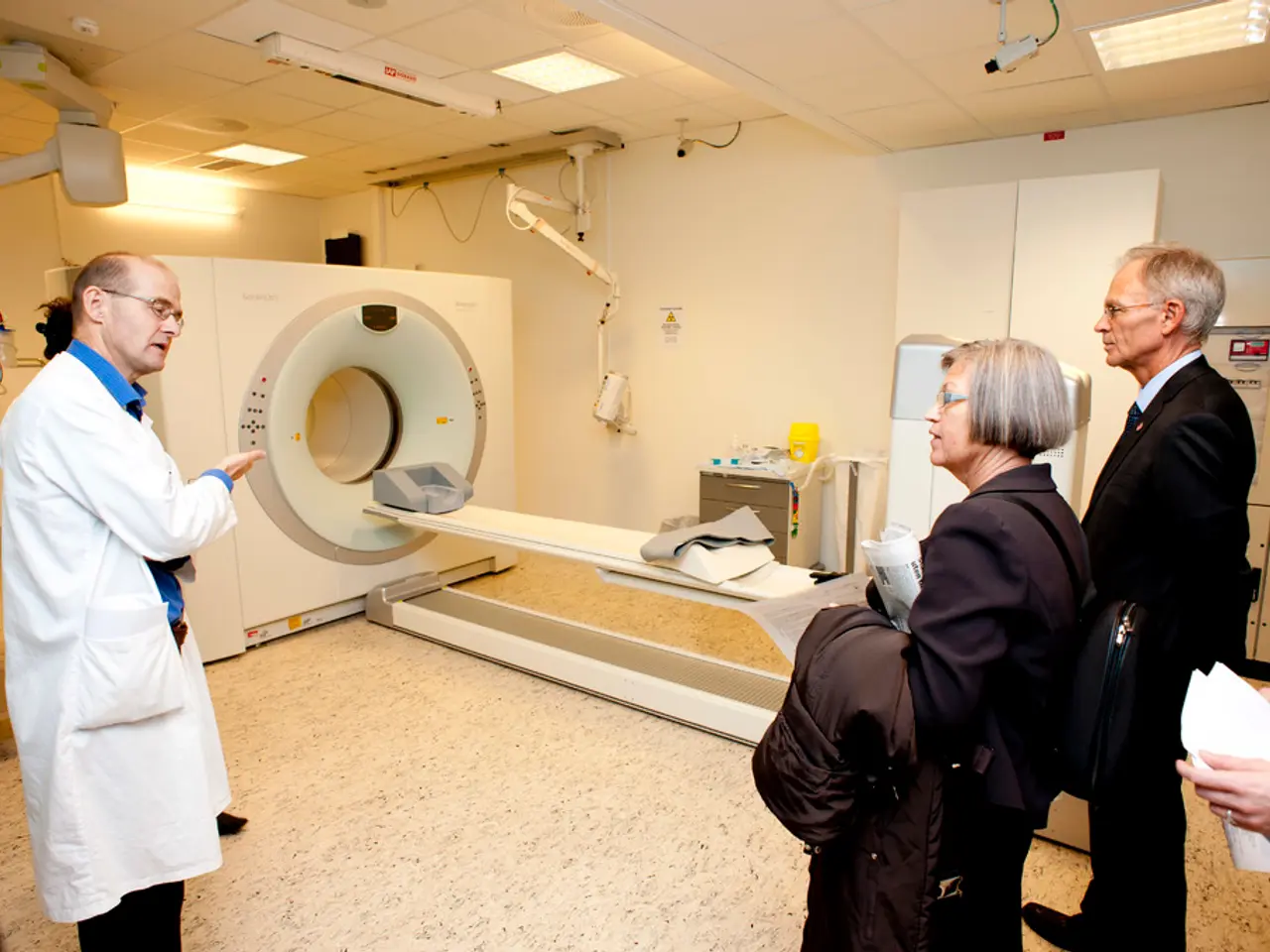Regulatory body for medical devices to initiate Early Access program, aiming to boost the integration of groundbreaking medical gadgets
The Medicines and Healthcare products Regulatory Agency (MHRA) has unveiled a new Early Access service, designed to expedite the availability of promising medical devices to patients within the National Health Service (NHS). This service will provide time-limited, conditional access to innovative diagnostic devices that address urgent NHS needs and show evidence of patient benefit.
Key Details and Scope
The Early Access service will initially focus on innovative diagnostic devices, supporting NHS financial sustainability and addressing unmet clinical needs. Devices granted early access will receive conditional authorisations, based on the MHRA’s existing regulatory powers, requiring ongoing safety monitoring, data collection, and progression towards full regulatory approval.
The service also provides a mechanism to maintain patient access after clinical investigations end but before full regulatory approval is obtained. It supports innovators, including small and medium-sized enterprises (SMEs), with structured regulatory support, including advisory services and help in planning regulatory pathways.
The scheme enables manufacturers to gather real-world clinical evidence to support their device’s safety and effectiveness during this early access phase. This service builds on the MHRA’s prior Unmet Clinical Need Authorisation (UCNA) tool piloted in the Innovative Devices Access Pathway (IDAP).
Supporting the UK’s Ambition to Lead in Medical Device Innovation
The Early Access service reinforces the UK’s role as a global leader in medical device innovation by fostering faster patient access to innovative technologies through a risk-proportionate regulatory framework. It aligns with the UK Government's Life Sciences Sector Plan and 10-Year Health Plan to boost innovation adoption and accelerate the availability of beneficial medical technologies.
By enabling early market entry and real-world data collection, it reduces barriers for innovators to navigate regulatory requirements, encouraging investment and growth in the UK MedTech sector. Close collaboration with NHS, industry, and other stakeholders in developing and refining this service will help create an efficient, innovation-friendly ecosystem.
The service also aims to complement other government initiatives to improve MedTech adoption within the NHS, thereby supporting broader system sustainability and patient care improvement.
Moving Forward
The MHRA will continue to work with industry, clinicians, NHS leaders, and other partners to shape the pathway and support growth across the UK MedTech sector. The Early Access service will use learnings from the Unmet Clinical Need Authorisation (UCNA) tool.
The Early Access service is part of the MHRA's broader programme of regulatory reform. CE marked devices will continue to be recognized indefinitely in the UK. The MHRA is aiming to become a global leader in risk-proportionate regulation of MedTech.
This article was prepared using AI. For any queries or comments about the AI used, please contact [email protected].
Read also:
- Chest Pain Caused by Compressed Nerves: A Possibility Explored
- Weight and Plumpness: Exploring Health Consequences and Understandings
- Expectant mother resorts to marijuana for relieving morning sickness; state authorities deem her a child abuser.
- Discovering the Alleged Enhancement Method: Jelqing and Its Claimed Results






